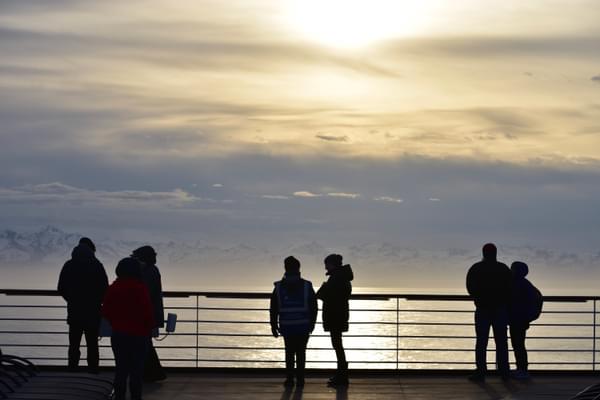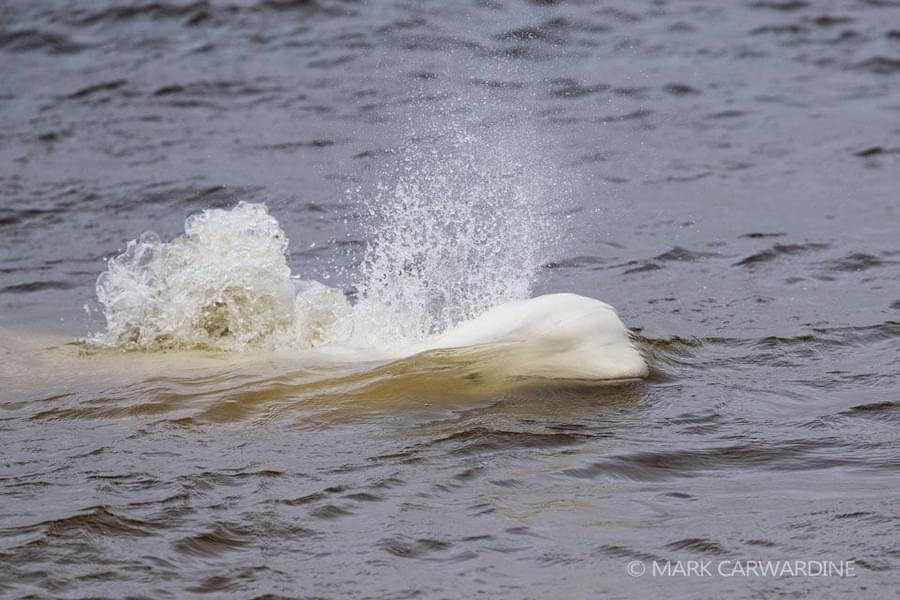Canada has refused Marineland’s bid to export its remaining beluga whales to China - a landmark call that echoes a wider shift away from keeping whales and dolphins in tanks for entertainment. The federal government denied an export permit for 30 belugas, citing animal-welfare concerns and Canada’s direction of travel since banning the capture, breeding and commercial display of cetaceans in 2019. For now, the whales will remain in Niagara Falls.
What is Marineland?
Marineland is (and for decades was) a hybrid theme park and marine zoo on the Canadian side of the Falls, founded in 1961 by Slovenian-born showman John Holer. It grew from a single tank and a handful of sea lions into a large tourist attraction featuring marine mammal shows, land-animal exhibits and amusement rides. In recent years, the park closed its rides, withdrew from accreditation schemes, and has remained shut to the public since late summer 2024 while being offered for sale.
Marineland is notorious among cetacean advocates for its long history of keeping whales and dolphins, including Kiska, the last captive orca in Canada, who died in 2023 after years alone. Since 2019, at least 19 belugas (and other animals) have died at the facility, triggering sustained scrutiny by Ontario’s Animal Welfare Services, which has conducted 200-plus inspections and issued compliance orders related to water systems. The government’s refusal to export does not erase those concerns; it underlines the need for a humane, evidence-based plan for the animals’ futures.
Why this matters for the wider debate
The immediate effect is that 30 belugas won’t be shipped to a foreign aquarium, but the bigger story is momentum: public policy, science and consumer expectations are converging on the same conclusion - whales and dolphins belong in the wild. Regional news outlets have been tracking the decision closely, highlighting the cross-border interest for communities on both sides of the Great Lakes. As the current dust settles, the immediate question becomes how to secure genuinely better outcomes for these belugas rather than simply shipping the problem halfway round the world. Although the belugas are hardly the problem.
At the same time, public opposition to captive-dolphin entertainment remains strong. World Animal Protection’s campaign urging travel brands to stop selling tickets to dolphin shows, most recently targeting TUI, continues to mobilise hundreds of thousands of supporters and push the industry away from captivity-based attractions. That commercial shift matters: when major sellers walk away, the business case for tanked dolphins tanks.
What ORCA believes should happen next
Cetaceans are wide-ranging, social, acoustic animals whose needs cannot be met in concrete tanks. Canada’s decision is the right one, but it must be followed by practical, humane solutions for the belugas still at Marineland. Purpose-built seaside sanctuaries, net-enclosed natural bays with expert veterinary care and lifetime support, offer a credible, welfare-centred alternative to further exhibition. Government, NGOs and credible facilities should work together on transfers that keep the animals’ interests first and comply with law and science.
What can we do from the UK? First, keep choosing wild. Support responsible whale-watching and citizen science so that the value of living cetaceans is measured in thriving populations, not ticket sales. Second, ask your travel provider where they stand. If an operator is still selling tickets to dolphin shows or breeding facilities, tell them that you’ll book elsewhere. All the arguments against cetaceans in captivity have been made in full, but consumer pressure is what hits hardest, and every email, tweet and booking choice helps move the market.
Canada’s call is far from the end of this story. With public sentiment, policy, and industry trends all pointing the same way, there’s never been more momentum to consign cetacean captivity to the past and to celebrate whales and dolphins where they belong: in the ocean, on their own terms.

Help play your part to protect whales and dolphins
ORCA believe that everyone who cares about whales and dolphins can play an active role in safeguarding their future, and that's why we've designed our e-learning courses to give more people than ever before the chance to contribute to our research. Whether it's learning to spot and identify different species or using our fantastic OceanWatchers, we have the perfect way for you to start your conservation journey and learn about the role you can play in helping us understand and protect whales, dolphins and porpoises around the world. Visit learn.orca.org.uk to find out more and book your place today!

